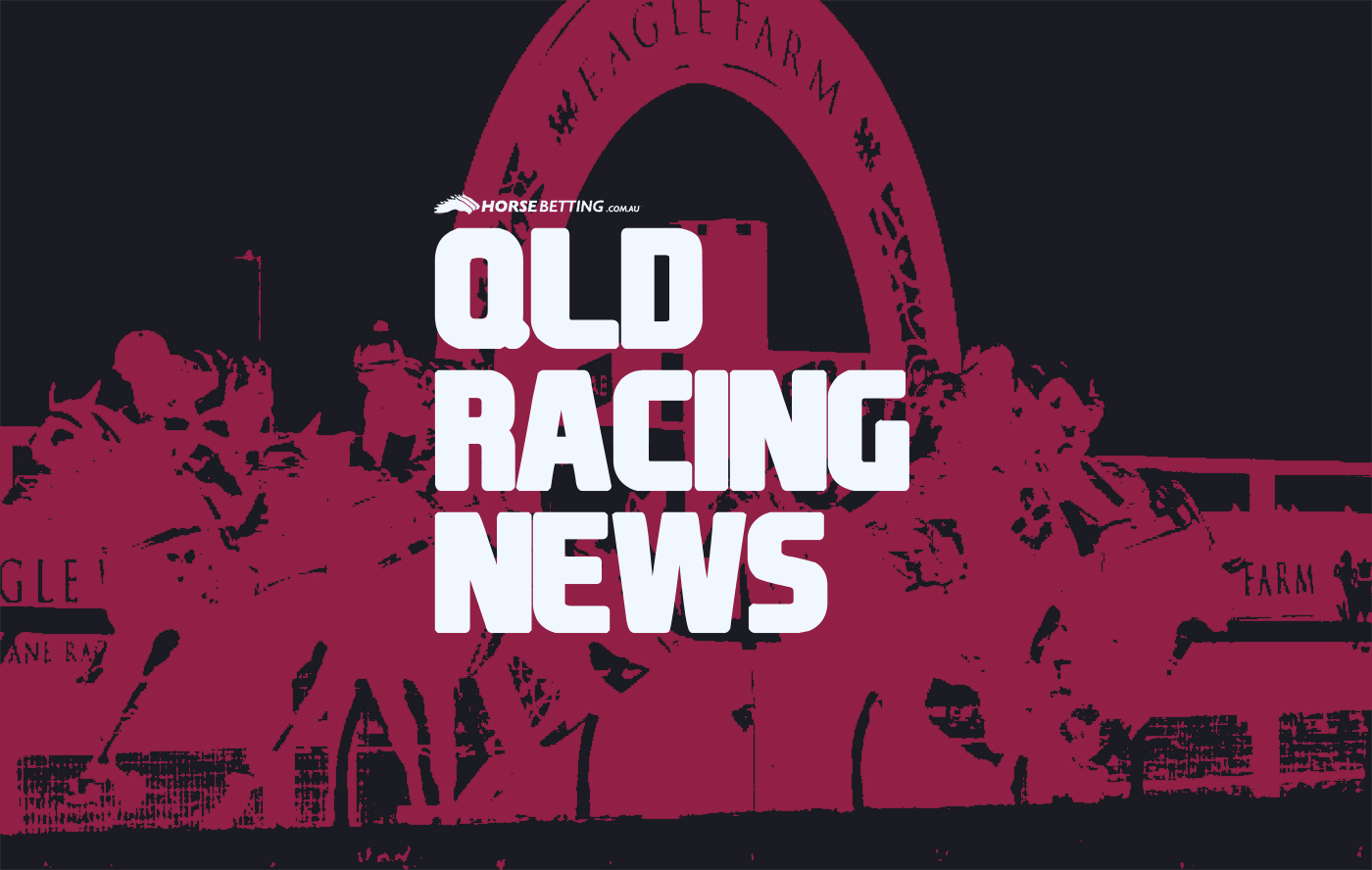
The Queensland Racing Integrity Commission (QRIC) is tackling the worldwide racing stewards shortage by growing its own talent through its cadet stewards program.
In the 2022-23 financial year, QRIC welcomed 15 new stewards into its cadet program, which will continue to grow into 2024.
QRIC’s cadet stewards are now provided Certificate III training, through Racing Queensland’s registered training organisation, equipping new recruits with the tools they need to ensure the highest levels of integrity and animal welfare in Queensland racing.
QRIC Commissioner Shane Gillard said that the Grow Your Own program is about furthering the potential of people with racing industry experience.
“People who have knowledge and experience in the racing industry make great stewards, as they understand the complexities of the job and have a passion for creating a sustainable industry,” he said.
“Not every job in the racing industry is a long-term role, so we are establishing pathways for people who love racing to move into stewarding positions.
“By educating and supporting them to learn how to become stewards, we can combat the steward shortage that the industry is facing worldwide and produce great operators who can contribute to a stronger industry here in Queensland.”
Cadet stewards John Cremin and Ruby Ride both worked in the racing industry before joining QRIC, their work now consists of splitting their time between working in the office, officiating at race meetings, trial days, stable inspections and track work.
No day is the same.
Cadet stewards’ office days consist of preparing paperwork for upcoming race meetings, reviewing recent race meetings and studying stewards reports to gain an understanding of how the Rules of Racing are applied in different circumstances.
On race days, cadets work to identify racing animals, assisting sample collection officers and working on the stewards panel.
Mr Cremin worked around racetracks all his life and said that it was a natural progression to become a steward.
He said that being a cadet steward allows him to gain on-the-job experience.
“There are always new situations that you will find yourself in, so being able to relate to similar situations that you or your fellow experienced stewards have seen, can give you an insight into the correct way to deal with particular situations,” he said.
“To oversee a meeting where animals and humans come off the track safe and well, and all competitors have raced according to the rules and punters go home thinking that they have had a fair run for their money is a great day for any steward.”
Cadet steward Ruby Ride entered the racing industry at age 14 as a jockey.
She said that she always had an interest in and a respect for the work of race day stewards, and joined QRIC’s ranks after a racing accident.
“I love on-the-job training,” said Ms Ride.
“For me, I learn a lot faster being hands on and learning, picking up the process as it happens, as well as getting paid to learn!
“I love horses and I am no longer able to ride and be part of that side of the industry, so the fact that I can still be around them on a daily basis is a plus for me.”
Townsville-based cadet steward Kieran Dean works across both the thoroughbred and greyhound codes.
Working at two greyhound meetings and three thoroughbred meetings each week allows him to gain a thorough understanding of the two different rule books.
Since beginning work as a cadet steward in April 2022, Mr Dean said that he has had the opportunity to chair both thoroughbred and greyhound race meetings.
“Having great mentors in each code is really helpful,” he said.
“Having the opportunity to shadow the Chairperson of Stewards and then to work in the role of Chairperson myself has been beneficial in learning how to be a leader and to deal with challenging situations while having supportive colleagues around to bounce ideas off.”
More racing news